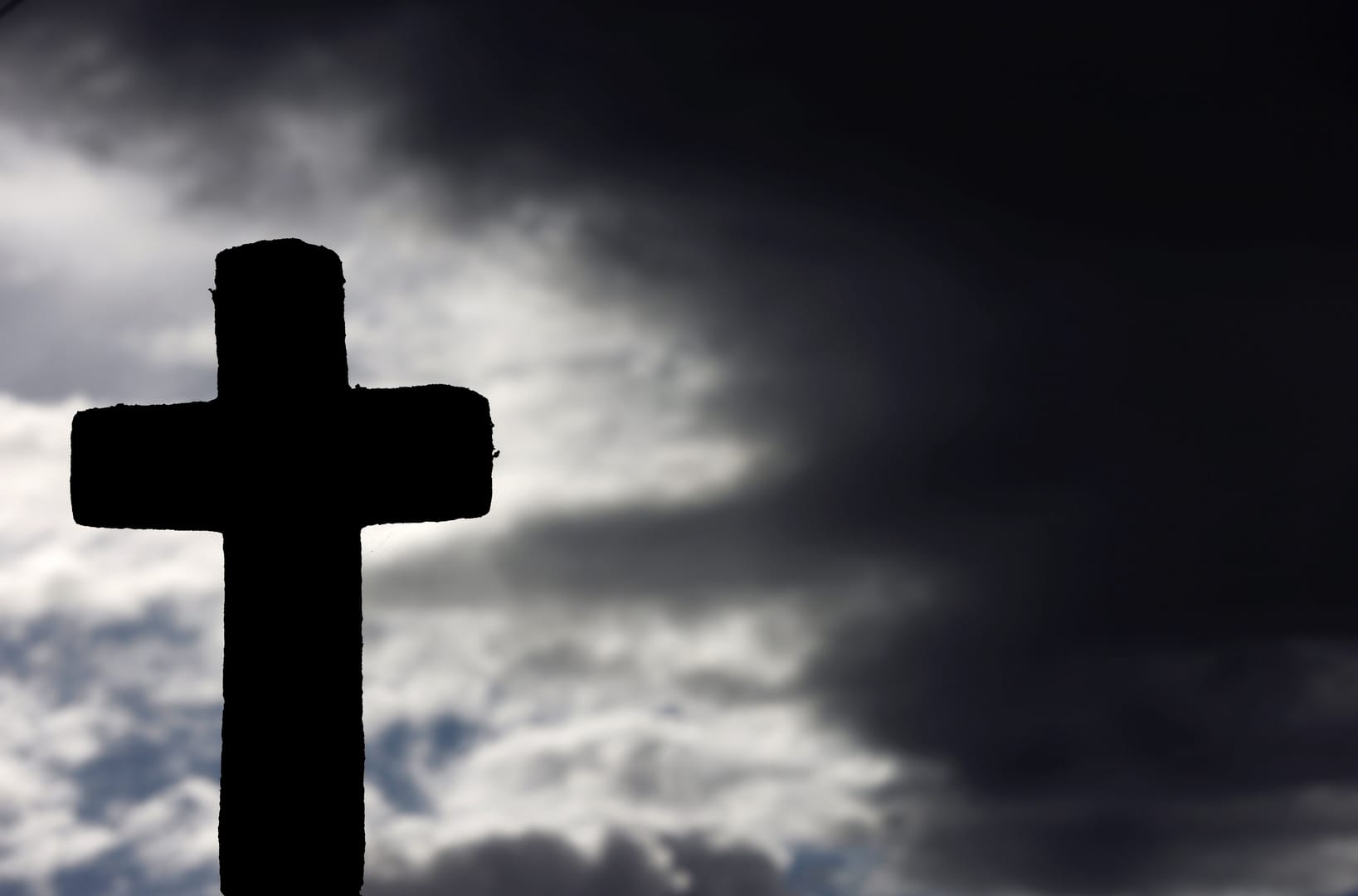WASHINGTON – From the beginning, there’s been a popular tendency to pit Pope Francis against the institution he leads. He was swiftly styled as a maverick and a reformer, trying to shake up a staid and deeply traditional Church.
There’s certainly some truth to that perception, and early on, Francis benefited from it. The narrative about the papacy shifted from, “Everything you don’t like about the Church is because of the pope” to, “Everything you don’t like is in spite of the pope.”
Yet today, the down side of the “Pope v. Church” storyline is becoming steadily clearer.
In terms of secular opinion, perceptions that Francis is almost Hugo Chavez in a cassock have produced mounting blowback. Renowned American columnist George Will, for instance, recently accused him of trafficking in “fact-free flamboyance.”
Inside the Church, there’s a mounting sense of ferment, with some observers even floating the prospect of a “schism,” meaning a formal rupture, if Francis continues steering things away from tradition.
Francis has good political radar, and seems to want to reshape the way he’s seen. On the plane coming to the States on Tuesday, he denied being a “leftist,” and he insisted multiple times that he hasn’t said a single word that isn’t contained in the social teaching of the Church.
At one point he even got a bit feisty, defying reporters to offer an example to the contrary.
On his first full day in the United States, he drove home the same point with two major speeches chock full of something for both left and right, all drawn from the wheelhouse of Catholic social doctrine.
In his address at a White House welcoming ceremony, Francis began with a defense of the institution of the family and also a strong plug for religious freedom, even endorsing the call to vigilance of the US bishops.
Pointedly, Francis turned and looked at Obama as he delivered the line.
Of late, the religious liberty cause par excellence of the American bishops has been opposition to the contraception mandates imposed by the Obama administration as part of health care reform, and no doubt they’ll appreciate the papal vote of confidence.
On the other hand, Francis also praised Obama’s efforts to fight pollution and climate change. He called himself a “son of immigrants” and thanked America for welcoming new arrivals, something that likely will be seen to bolster efforts to pass comprehensive immigration reform.
It’s easy to imagine many public figures who might come to the White House to talk about the defense of marriage and religious freedom, and easy to imagine plenty who would push immigration and climate change. What’s far more difficult is to imagine one would talk about all of those things, and with roughly equal emphasis.
In a major address to the bishops later in the day, Francis closed with a heartfelt plea as a “pastor from the South” to thank the Church in America for its efforts on behalf of immigrants and encouraged them to keep it up.
In a turn of phrase full of meaning in recent America Catholic life, Francis at one point called the Church the “seamless garment of the Lord.”
That’s a well-known Gospel phrase, referring to the garment Christ wore on the Cross, but many American Catholics won’t be able to avoid also hearing a reference to the late Cardinal Joseph Bernardin of Chicago. He used it to talk about an approach to Catholic social teaching that gives equal emphasis to its pro-life and its peace-and-justice components.
Conservatives often saw the phrase as an excuse for “going soft” on abortion and other life issues, basically caving in to secular public opinion. In light of Francis’ language, however, it may be that rumors of the death of the Bernardin legacy have been slightly exaggerated.
Yet in the same breath, Francis expressed deep concern for “the innocent victims of abortion” and vowed to join the bishops in “emphatically” proclaiming the gospel of the family when he reaches Philadelphia for the World Meeting of Families later in the week.
To some extent, the category-blending nature of the pope’s message is simply a reflection of the nature of Catholic social teaching, which utterly defies the left v. right nature of American politics.
As John Carr, a longtime policy advisor for the US bishops and now the head of a Georgetown initiative, once memorably put it, anyone who takes the full range of Catholic teaching seriously is destined to end up “politically homeless” in the United States.
Yet one has the sense that there’s something else going on, a deliberate effort by Francis to correct impressions that he’s a one-man band rather than the representative of a long tradition.
“The heart of the Pope expands to include everyone,” Francis told the bishops, adding that “I do not speak to you with my voice alone, but in continuity with the words of my predecessors.”
Needless to say, making that point helps Francis in an intra-Catholic sense too, because in effect it’s a way of saying to Catholics who object to what he’s doing that if they spurn him, they’re spurning the Church.
In America, therefore, one could say we’re witnessing the emergence of Francis 2.0.
Without sacrificing his charismatic, populist edge, Francis appears determined to reinsert himself into the context of the Church he leads, and the teaching and world view it represents.
Pope Benedict XVI was fond of saying that Christ can’t be separated from the Church, as if one could follow Jesus but reject his Church. Maybe part of what Francis is saying now is that’s it also a mistake to separate the pope from the Church.
Despite his new tone, his bottom line seems to be that at the end of the day, pope and Church are a package deal.















